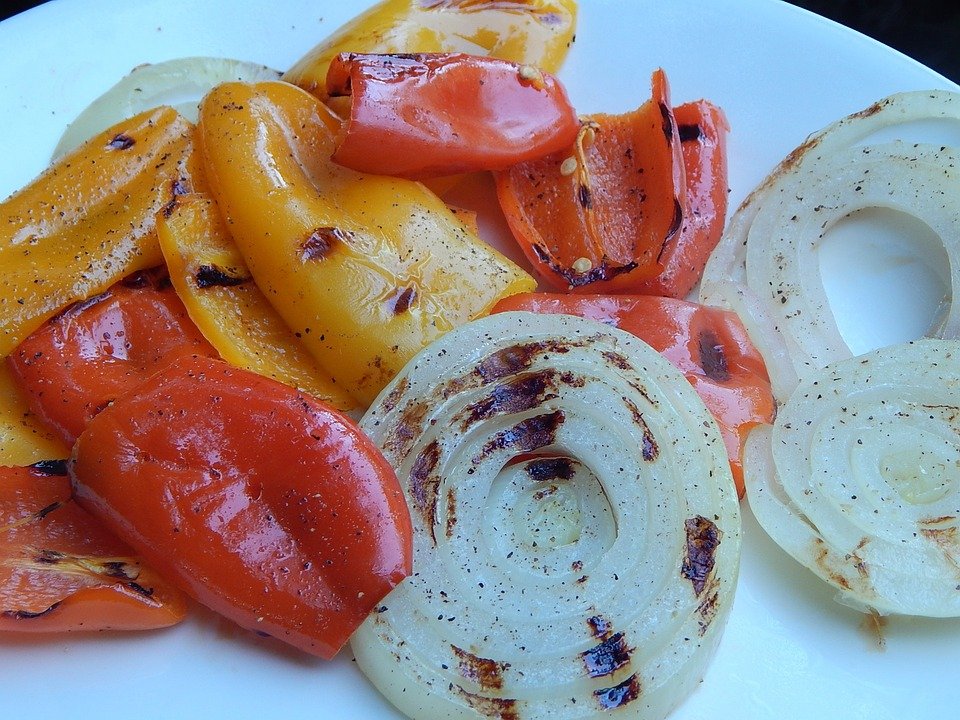Healthy Eating on a Budget: Tips for Nutritious and Affordable Meals
Eating healthy doesn’t have to break the bank. With a little planning and creativity, you can enjoy nutritious and delicious meals while still staying within your budget. In this article, we will provide you with some valuable tips on how to achieve healthy eating on a budget.
1. Plan Your Meals
Planning your meals in advance is essential when it comes to eating healthy on a budget. Take some time each week to create a meal plan and make a shopping list based on that plan. This will prevent you from buying unnecessary items and ensure that you have all the ingredients you need for your meals.
2. Buy in Bulk
Buying in bulk is a cost-effective way to stock up on healthy staples. Items like grains, beans, nuts, and seeds can be bought in larger quantities, which often leads to significant savings. Just make sure to store them properly to maintain their freshness.
3. Cook at Home
Eating out can quickly drain your budget, not to mention the lack of control over the ingredients used in the dishes. Cooking at home allows you to choose healthier options and save money. Prepare your meals in batches and freeze them for later use, ensuring you always have a homemade meal ready to go.
4. Embrace Vegetarian Meals
Meat can be expensive, so incorporating vegetarian meals into your diet can help you save money. Beans, lentils, and chickpeas are excellent sources of protein and are much cheaper than meat. Experiment with different vegetarian recipes to add variety to your meals.
5. Shop Seasonally
Seasonal produce is not only fresher but also more affordable. Fruits and vegetables that are in season are usually abundant, leading to lower prices. Visit your local farmer’s market or grocery store and choose produce that is in season to save money while enjoying the best flavors.
6. Utilize Frozen Foods
Frozen fruits and vegetables are a great alternative to fresh produce, especially when certain items are out of season. They are just as nutritious but often come at a lower price. Stock up on frozen fruits and vegetables to always have a healthy option on hand.
7. Avoid Pre-Packaged Foods
Pre-packaged foods are not only less healthy but also more expensive. They often come with added sugars, unhealthy fats, and high sodium levels. Opt for whole foods instead, as they are more nutritious and cost-effective.
8. Make Use of Leftovers
Don’t let leftovers go to waste. Instead, repurpose them into new dishes. For example, leftover roasted chicken can be used in salads or sandwiches the next day. Get creative and turn your leftovers into delicious meals to save money and reduce food waste.
9. Do It Yourself
Instead of buying pre-made items like salad dressings, sauces, or snack bars, try making them yourself. You will not only save money but also have control over the ingredients used. There are countless recipes available online that can guide you in making your own healthy and affordable alternatives.
10. Frequently Asked Questions (FAQs)
Q: Is it more expensive to eat healthy?
A: Eating healthy can be affordable if you plan your meals, buy in bulk, cook at home, and make use of frozen and seasonal produce. It is all about making smart choices and being mindful of your budget.
Q: Can I eat a balanced diet on a budget?
A: Absolutely! A balanced diet can be achieved on a budget by incorporating a variety of fruits, vegetables, whole grains, lean proteins, and healthy fats into your meals. Plan your meals and shop wisely to ensure you have all the necessary nutrients.
Q: Are organic foods worth the extra cost?
A: While organic foods may have some benefits, they are often more expensive. If your budget allows, choose organic options for produce that tends to have higher pesticide residues. Otherwise, prioritize eating a variety of fruits and vegetables, whether organic or conventional.
In conclusion, healthy eating on a budget is entirely possible with some strategic planning and smart choices. By following these tips, you can create nutritious and affordable meals that will benefit both your health and your wallet. Remember, eating healthy doesn’t have to be expensive; it’s all about making conscious decisions and prioritizing your well-being.


